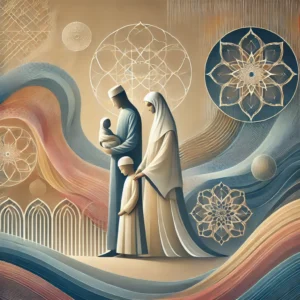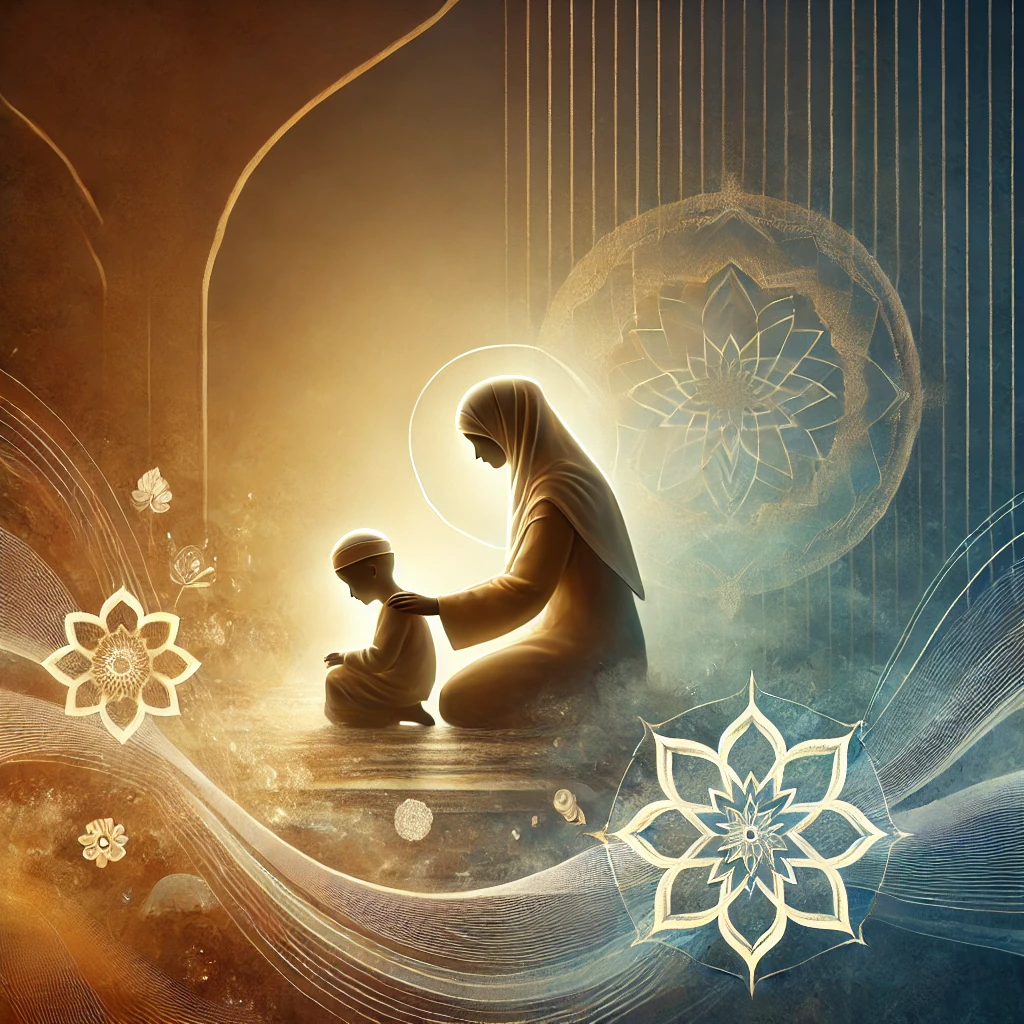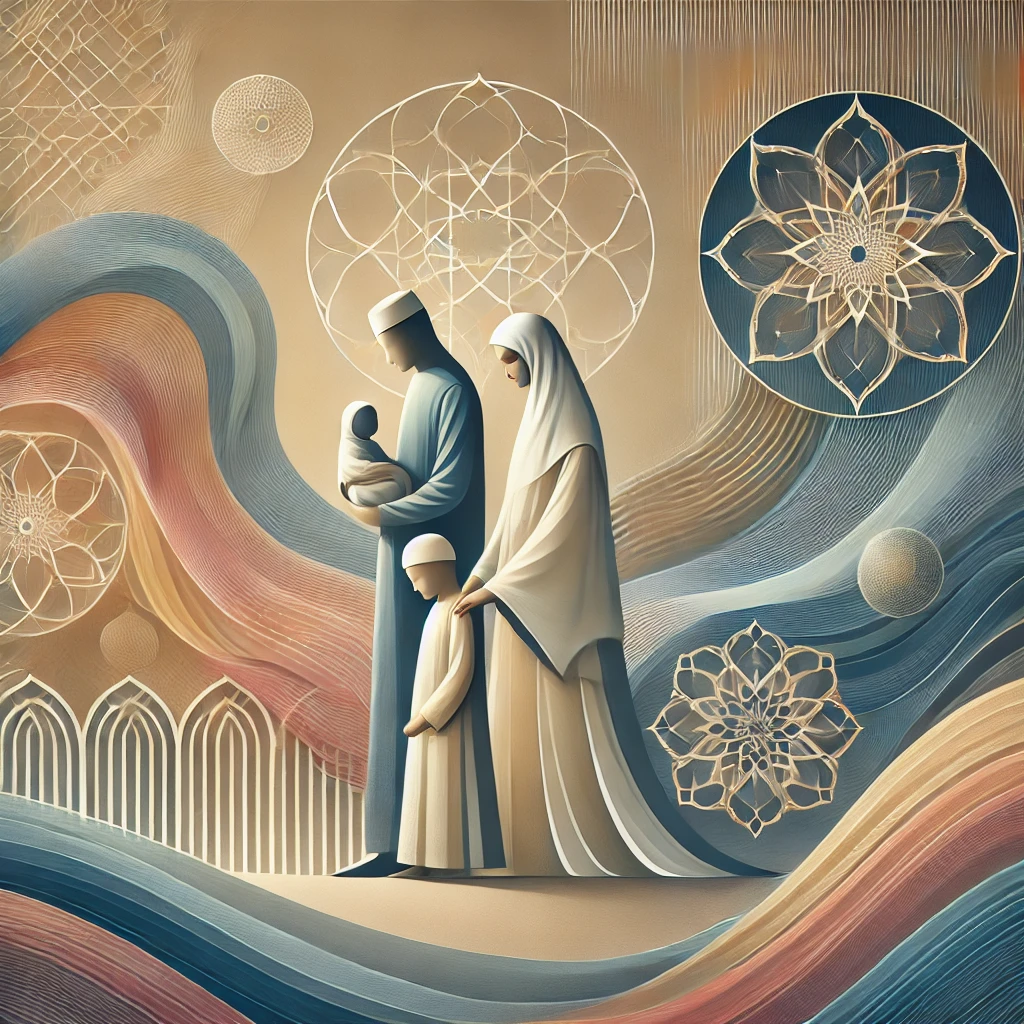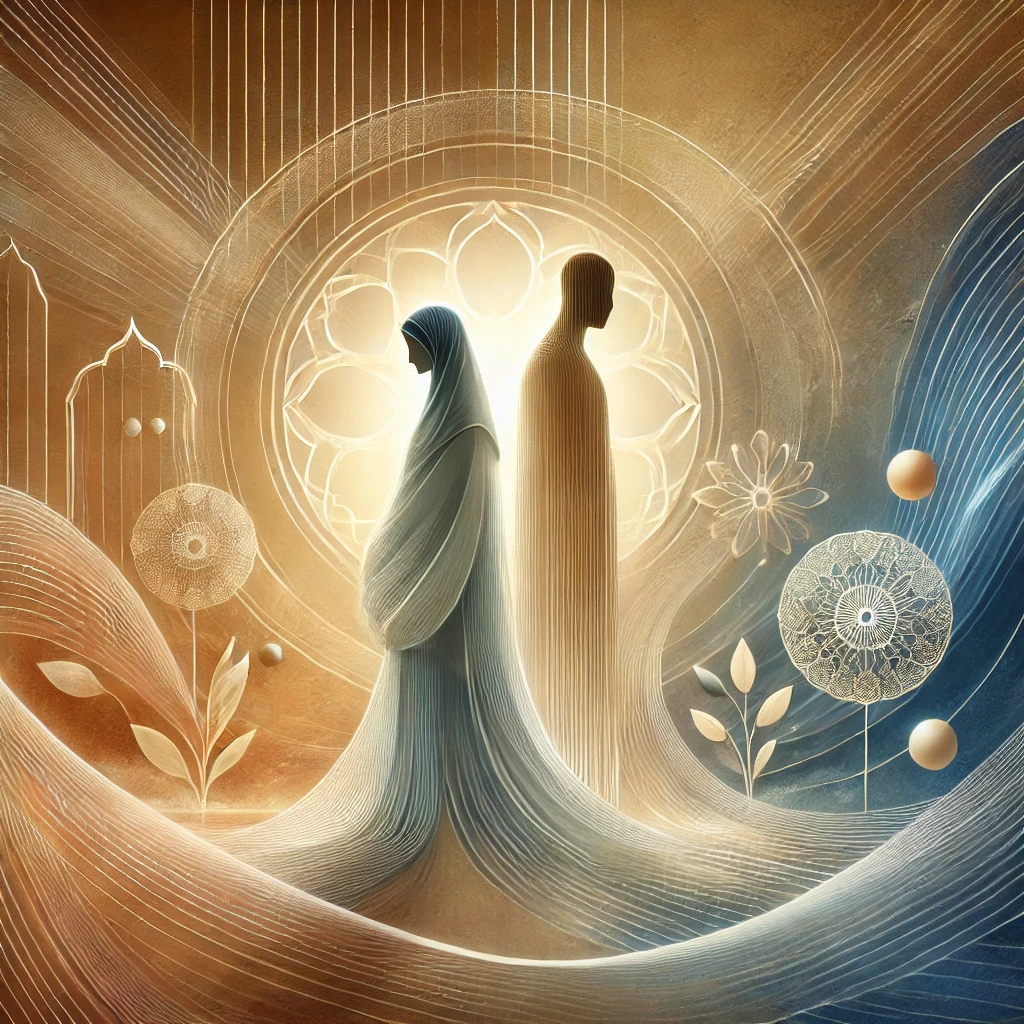Prophet Muhammad is regarded as the last prophet in Islam and the “Prophet of Mercy” sent to guide all of humanity. As the final messenger of Allah, he conveyed the divine message through the Quran and taught the fundamental principles of Islam. The life of Prophet Muhammad is marked by perfect morals, patience, compassion, and wisdom. He became a guide for both worldly and spiritual life, teaching people how to worship Allah, lead a virtuous life, and establish a just society.
Prophet Muhammad was born in Mecca in 571 CE. At the time, the Arabian Peninsula was engulfed in the period known as Jahiliyyah (the Age of Ignorance). People worshipped idols, and social injustice and moral decay were rampant. Even in his youth, Prophet Muhammad was known for his honesty, integrity, and moral values. He earned the nickname “Al-Amin,” meaning “The Trustworthy.” Even before his prophethood, he gained the trust of his community and set an example by showing people the right path.
At the age of 40, while meditating in the Cave of Hira, Prophet Muhammad received his first revelation through the angel Gabriel. The first verses revealed to him were, “Read in the name of your Lord who created” (Surah Al-Alaq, 1). This marked the beginning of his prophethood. Prophet Muhammad began to preach the oneness of Allah and convey the message of the Quran. Initially, the people of Mecca opposed his call, persecuting him and the early Muslims. However, Prophet Muhammad, with patience and determination, continued to spread Allah’s message. His steadfastness and devotion to Allah shaped the core values of Islam.
Prophet Muhammad’s life is a tangible example of the moral and social teachings of Islam. He embodied values such as justice, compassion, honesty, and tolerance in his daily life. He protected the weak and the oppressed, striving for justice and equality in society. He taught people how to conduct themselves towards Allah and one another. His saying, “The best among you are those who have the best manners,” reflects his moral excellence and the importance Islam places on good character. Prophet Muhammad was a guide not only for Muslims but for all humanity.
After migrating to Medina, Prophet Muhammad established the first Islamic state, founded on justice, equality, and brotherhood. The Constitution of Medina ensured fair governance and peace among Muslims, Jews, and other communities. Prophet Muhammad approached people of different religions and cultures with tolerance and succeeded in creating a society where peaceful coexistence was the norm. His leadership provided a model of how a society should be governed with justice and social order, reflecting his qualities as a leader and the divinely guided governance he espoused.
One of the most significant events in Prophet Muhammad’s life is his Farewell Sermon. In this final sermon, he reminded Muslims and all humanity of Allah’s commands, human rights, social justice, and moral values. He emphasized the importance of the Quran and his Sunnah by saying, “I leave behind me two things, the Quran and my Sunnah, and if you follow these, you will never go astray.” The Farewell Sermon is one of his most important legacies, summarizing the universal message of Islam. It reflects his love and compassion for humanity as the Prophet of Mercy.
In conclusion, Prophet Muhammad is the final messenger of Islam and the Prophet of Mercy sent to humanity. His life is the practical manifestation of the teachings of the Quran. Prophet Muhammad set an example for people with his devotion to Allah, moral excellence, justice, and compassion. His life guides Muslims on how to live: in faith, worship, morality, and social relations. The life of Prophet Muhammad is a beacon for every Muslim, conveying the message of Islam filled with mercy, justice, and wisdom to humanity.










